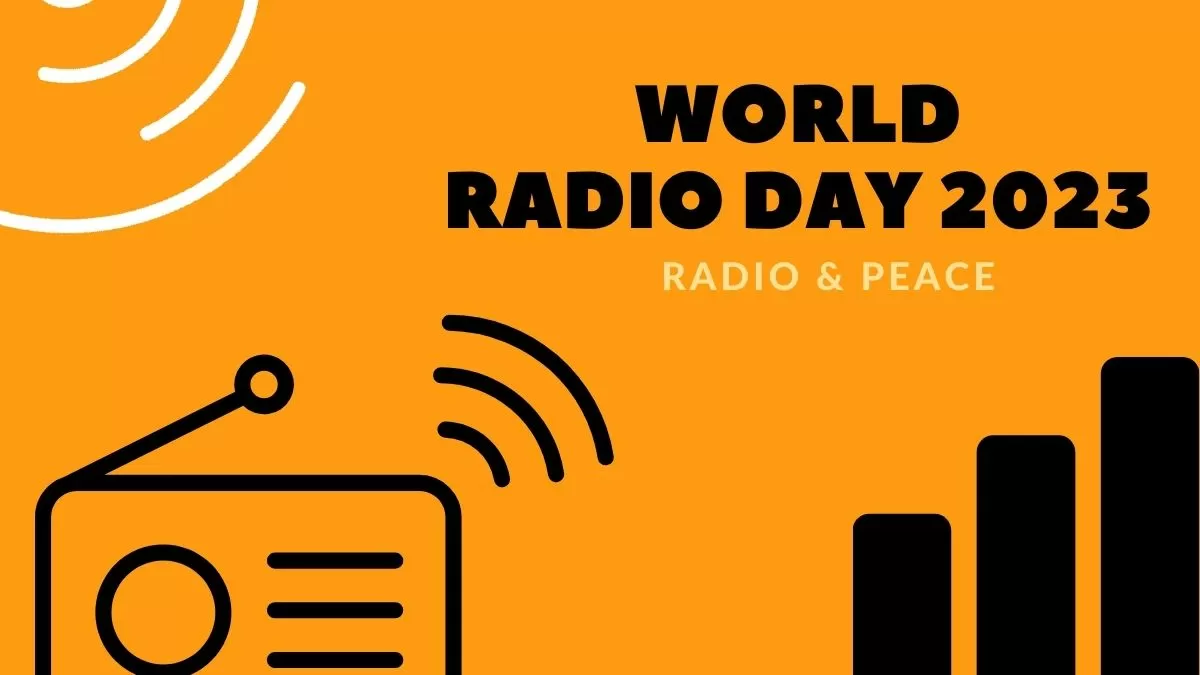Are We Living in a Simulated Reality? Exploring the Theory of Simulated Worlds

Imagine a world indistinguishable from our own, existing entirely within a computer program. This is the central tenet of simulation theory, which proposes that our perceived reality is a complex simulation created by an advanced intelligence.
Proponents of the theory, like Swedish philosopher Nick Bostrom, argue that future civilizations may possess the technology to create incredibly detailed simulations of their ancestors. These simulations could be so realistic that the beings within them would be conscious and indistinguishable from their biological counterparts.
Bostrom suggests that if such simulations are possible, then it's more likely that we ourselves are simulated beings rather than originals. This is because the number of simulated minds could far outweigh the number of original minds that created them.
The theory raises profound questions about the nature of reality and our place within it. David Chalmers, a New York University philosophy professor, ponders the identity of the programmer behind this potential simulation. He contemplates a being beyond our comprehension, perhaps a god-like entity or even a technologically advanced teenager running simulations for their own amusement.
While the idea may seem like science fiction, simulation theory has sparked serious philosophical debate. It forces us to consider the boundaries of reality and the possibility that our world is not what it seems.






















